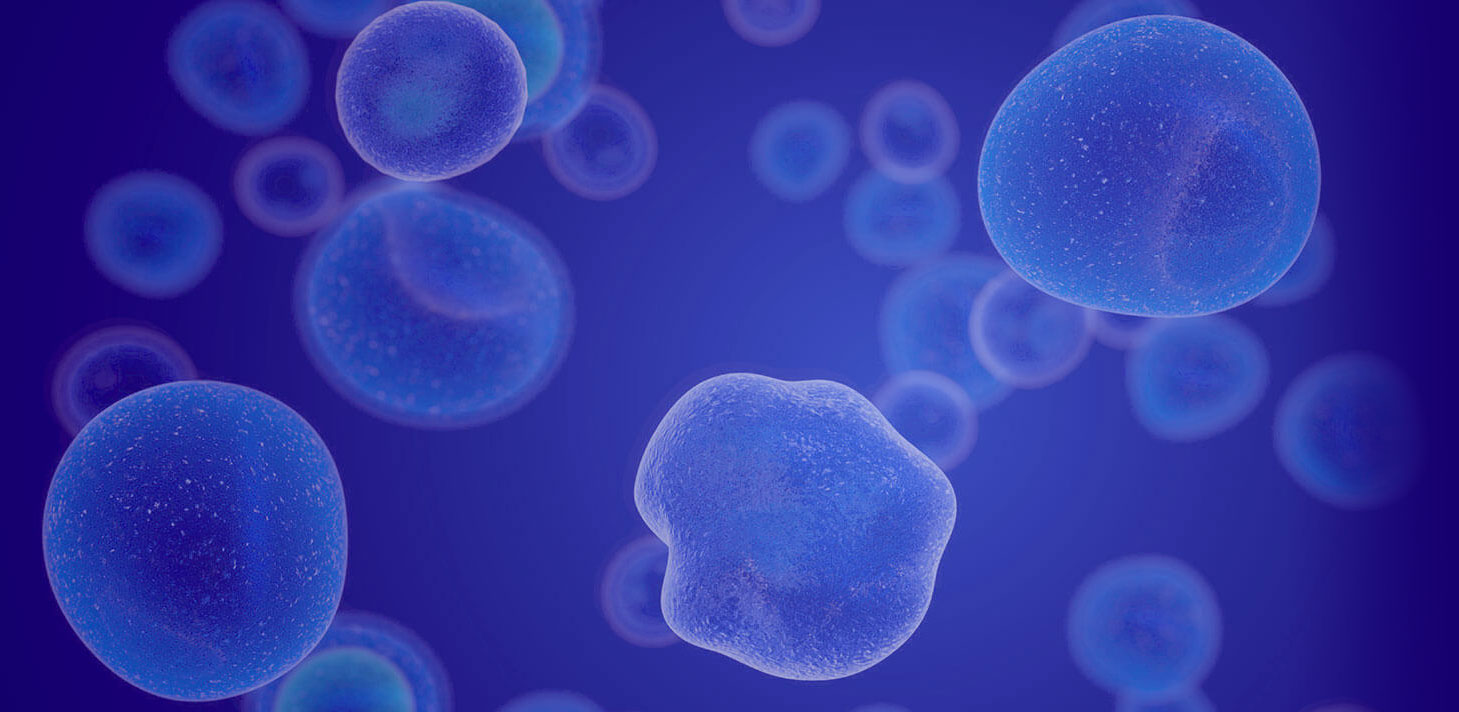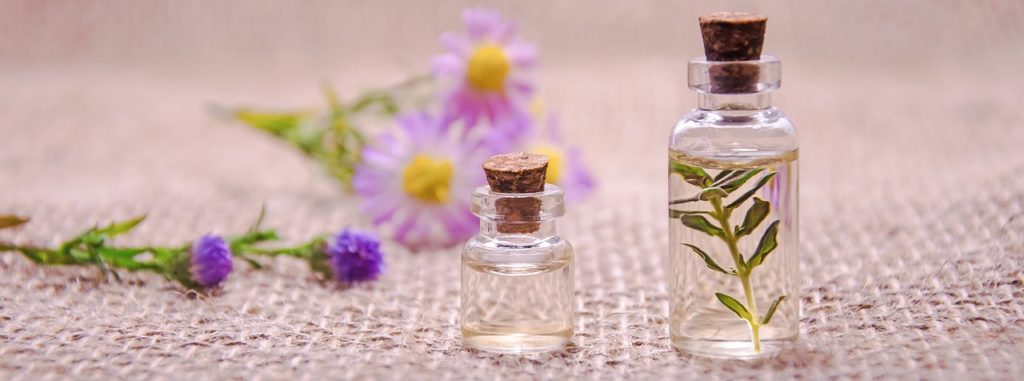Aromatherapy is a unique brand of mind/body medicine that essentially uses oils extracted from plants for treatment and prevention of disease (1). Aromatherapy is said to be a holistic therapy in that aromatherapists select an essential oil or combination to suit each individual’s symptoms and personality (2). Each essential oil is said to contain approximately 100 chemical constituents with a host of pharmacological properties, including antiviral, antibacterial, antispasmodic, and anti-inflammatory effects (3).
Aromatherapy is most widely used for stress-related health issues. Some aromatherapists believe aromatherapy can be used quite successfully in a number of medical conditions, including skin infections and respiratory disorders (4). The most common method of essential oil application is massage. At times, however, oils are added to baths, ingested, or inhaled.

Aromatherapists believe that using touch is particularly important in the application and in the treatment of pain. Massage encourages the penetration of essential oils through the skin and into the systemic circulation where the analgesic components within essential oils react.
The odor of most essential oils is pleasurable. Aromatherapists believe an oil’s fragrance has beneficial effects on health via stimulation of the olfactory nerves and limbic system, producing a tranquilizing effect and promoting a calmness and sense of well-being (5). Learn how to use essential oils in your daily life. Learn the “must have” essential oils and enjoy their benefits.
Follow The Daisy Effect and learn how essential oils can change you life.
References
- Joyeux AM. Aromatherapy and Healing Fragrances
- Tesserand RB. The Art of Aromatherapy
- Vichers A. Massage and Aromatherapy
- Janssen AM. Antimicrobial Activity of Essential Oils
- Dodd GH. Receptor Events in Perfumery



